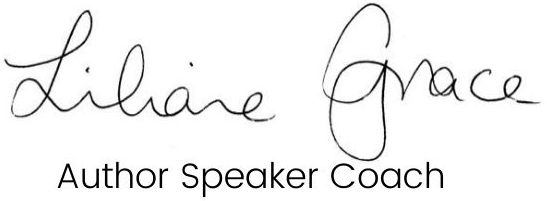A friend of mine reckons that water is only good for washing dishes. His beverage of choice is champagne, and his life philosophy is that he’s ‘here for a good time, not a long time’.
It sounds good and it’s very amusing but I suspect that when his body starts to fall apart he might have second thoughts. On the other hand, his great attitude to life is such that I’m sure it’s providing him with some pretty decent immunity. At sixty-odd, he’s fitter than many a younger man. I’m going to be interested to see which wins out, physical laws or the laws of the mind!
Water is my beverage of choice and I love it for many reasons. Its pure taste is one thing, its ability to quench thirst is another, and knowing that it’s the cleanser par excellence of both internal and external systems clinches the deal.
On the physical side of things I reckon that if I asked my friend how he’d feel about going for a week without having a shower, he’d grimace in disgust. We just wouldn’t do that, would we? But why, then, do some of us go for a whole week barely drinking any water, when that’s one of the main (and cheapest and easiest) ways of keeping our ‘innards’ clean?
The answer is probably ‘because we can’t see inside our bodies, and out of sight is out of mind’. I think the lack of sense in that response is apparent. End of health lecture.
Interestingly, we find the same dynamic regarding the world of the mind and life itself. We often search for answers outside ourselves but the truest and most pertinent ones are on the inside.
What keeps us from supplying our own answers? Perhaps because it’s easier to ask someone else and because, as different and unique and special as we might think we are, if our instincts are taking us in the opposite direction to the crowd, that can be very discomfiting, especially if the crowd is heading in the direction of some of our highest values.
I’m getting too cryptic. Here’s an example: Suppose you desire to be wealthy and successful and you know it will take work and commitment and prioritising and you’re prepared for that… but you also love hanging out with your family and friends over dinner or at the beach or at home or curling up on the couch with a good book or a movie… which set of values do you prioritise?
Does the wealth/success set begin to feel like a ‘should’? (After all, it’s logical that if we just work hard for a while eventually we’ll be able to afford all the pleasures and freedoms of life.)
Do you feel guilty when you prioritise those business/growth events over family? (After all, you’re missing your children’s growing up years when you’re away at weekend seminars, etc.)
It’s a trap for the unwary, isn’t it!
Dr Demartini recommends ‘values linking’, where you identify the values you’d like to raise in your ‘hierarchy of values’ and link them to your current highest values. We do this by asking, ‘How will being successful serve my family?’ and then finding several hundred answers, until we are so aligned with the new value that it takes pride of place. Achieving that sort of result requires that we go ‘inside’, to do some gruelling inner work.
Why do we have such trouble doing the inner work? Maybe because it’s dark in there… and we can’t see clearly…
We wear masks of happiness and confidence out in the world and keep our shadow parts deeply buried on the inside, so going within can be rife with danger. Once we cross the threshhold into the ‘inside’, we’re dealing with our limited beliefs, our misperceptions, our fears, our hopes, our disowned parts…
And it’s complex in there – we have mixed feelings about things, like the old success/freedom dynamic above, where part of us wants this and part of us wants that.
I have a personal philosophy that life is about ‘and’ not ‘or’; I don’t want to be choosing between a good time and a long time – I want both! And I reckon both are possible.
What about you?

Recent Comments